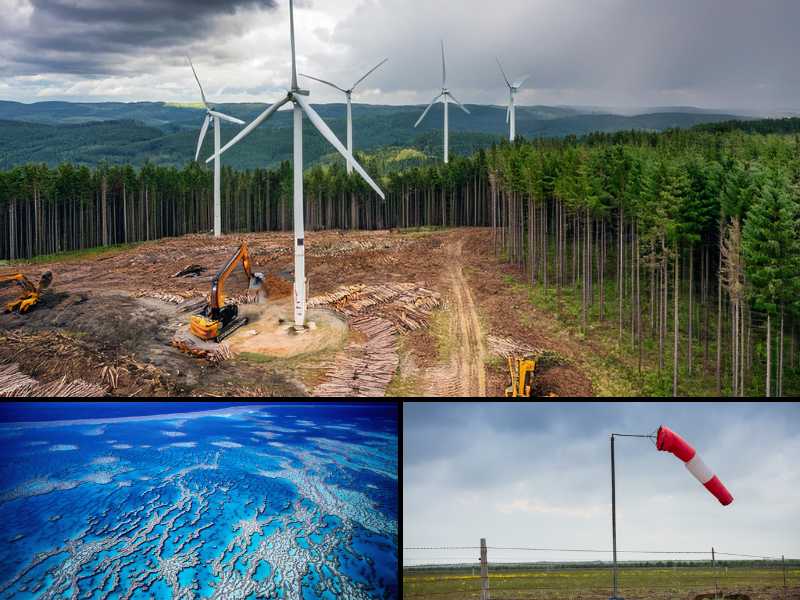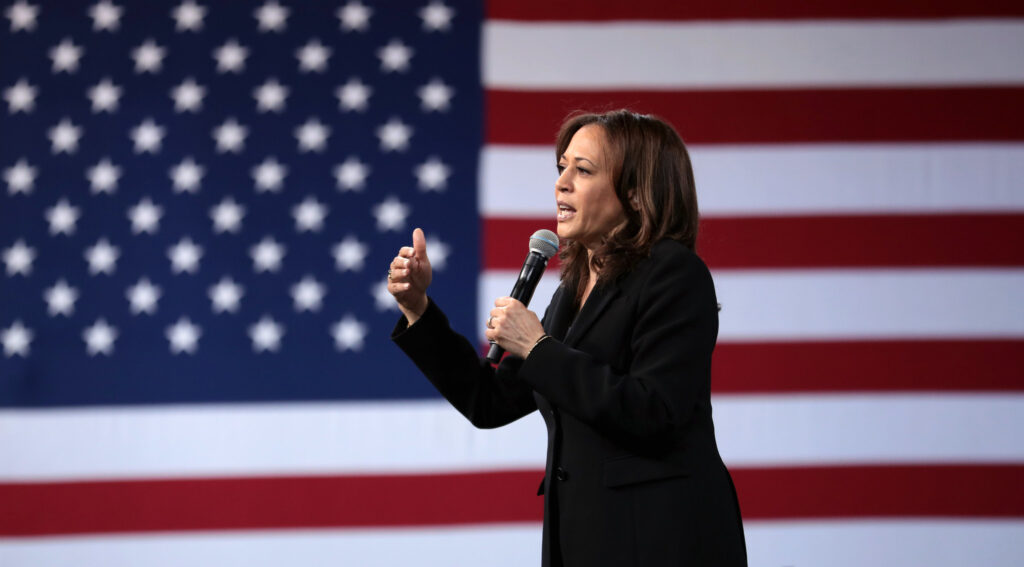Voters in Colorado overwhelmingly rejected a ballot initiative that would have prevented new oil and gas development on approximately 85 percent of the nonfederal land in the state.
Voters rejected Proposition 112 by 57 percent to 43 percent during the November 6 midterm elections. The initiative would have increased the distance oil and gas wells must be set back from structures to 2,500 feet, up from the current 500 feet from homes and 1,000 feet from schools.
The Colorado Oil and Gas Association opposed the initiative, estimating it would cost the state’s economy between $169 billion and $218 billion over 12 years and would reduce state and local tax revenues by between $7 billion and $9 billion by 2030.
The U.S. Energy Information Administration reports Colorado is now the nation’s fifth-largest producer of oil and the sixth-largest producer of natural gas. Colorado’s oil production rose 26 percent year-over-year in 2018, to 477,000 barrels a day. S&P Global Platts Analytics estimated approval of Proposition 112 would have cut the state’s projected output of oil and gas roughly in half by 2023.
State Officials Opposed It
Colorado’s current governor, Democrat John Hickenlooper, opposed Proposition 112, warning it could cripple one of the state’s most important industries.
“This is a big part of the state’s economy,” Hickenlooper told KCBS4 in Denver before the election. “You’re talking about 15 percent, some say as much as 20 percent, of the state’s economy, and suddenly it goes to half. That is how you spell recession.”
Municipal and county officials, including Denver Mayor Michael Hancock, a Democrat, also urged voters to reject the measure, saying it would lead to a loss of jobs and reduce tax revenues for schools, roads, and public safety.
Message Delivered?
Although Governor-Elect Jared Polis, a Democrat, also opposed Proposition 112, he did not specifically object to increasing oil and gas setbacks, and in the past he has supported other limits on petroleum development in Colorado, which may leave unsettled the future of energy production in the state.
Colorado lawmakers should take the defeat of Proposition 112 as a sign Coloradans support the oil and gas industry, says Tim Benson, a policy analyst with The Heartland Institute, which publishes Environment & Climate News.
“Energy is a crucial part of Colorado’s economy,” said Benson. “Banning new production sites, which is essentially what Proposition 112 would have done, would have resulted in serious short- and long-term fiscal harm to Coloradans.
“Lawmakers in Colorado should take Proposition 112’s defeat as a sign constituents do not want unnecessary burdens on the oil and natural gas industry, which is vital to the state’s economy,” Benson said.
Voters’ rejection of Proposition 112 shows they recognize the oil and gas industry’s importance to Colorado’s economy, says Tracee Bentley, executive director of the Colorado Petroleum Council.
“Colorado plays a leading role in America’s energy revolution,” said Bentley. “Our state has spoken loud and clear that we recognize the importance of the industry to the state’s economic well-being.”
Bonner R. Cohen, Ph.D. ([email protected]) is a senior fellow at the National Center for Public Policy Research and a senior policy analyst with the Committee for a Constructive Tomorrow.





